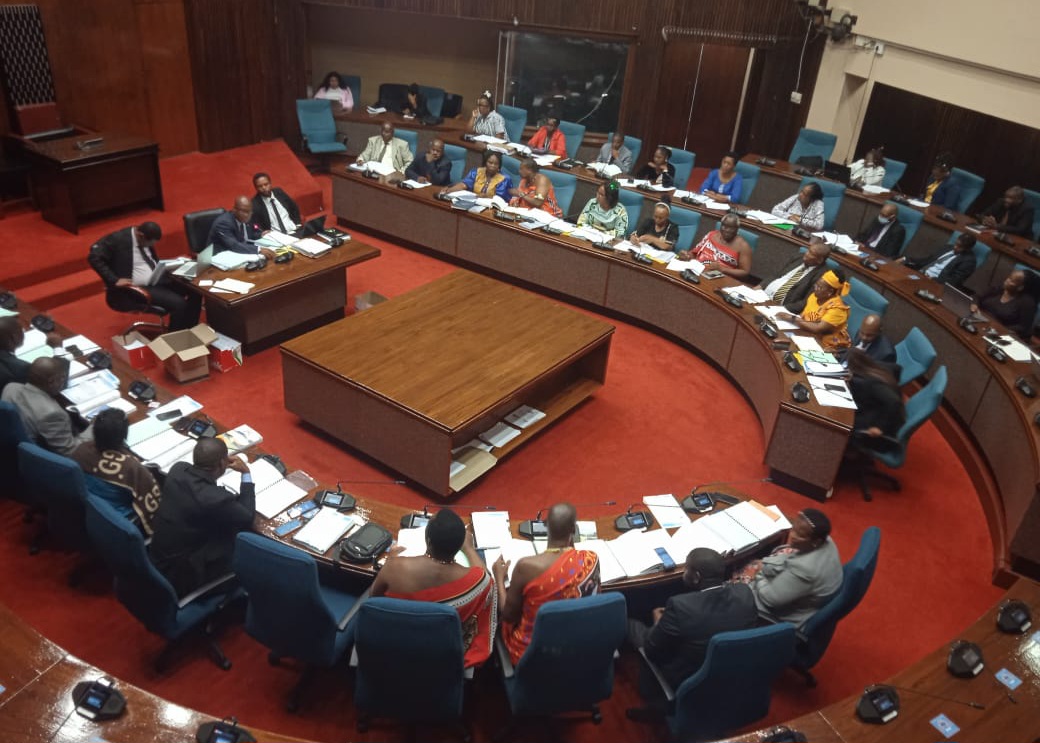… Ngudzeni MP Charles Ndlovu to move a motion next week, to seek answers on what government strategies are in place to manage and encourage population growth
BY MBONO MDLULI
MBABANE – “A small population limits a big dream.” These are the wise words echoing from the corridors of Parliament, as Ngudzeni Member of Parliament Charles Ndlovu champions a bold proposal: Eswatini must grow its population to unlock greater economic opportunities.
MP Ndlovu will raise this visionary call on April 14, 2025, during an ordinary sitting of the House of Assembly. He intends to ask the Minister of Economic Planning and Development, Dr. Thambo Gina, what government strategies are in place to manage and encourage population growth as a means to stimulate long-term development.
Speaking to Eswatini Positive News, Ndlovu highlighted that a growing population could be the spark Eswatini needs to fire up its economy. “A larger population brings more hands to work, more minds to innovate, and more consumers to drive demand,” he said.
Why a Bigger Population Matters
Ndlovu outlined several benefits of a larger population for Eswatini:
• Stronger Economic Growth: More people mean a bigger workforce, greater productivity, and higher national output.
• Vibrant Markets: A larger population increases demand for local goods and services, encouraging business expansion and entrepreneurship.
• More Innovation: A diverse and growing population introduces fresh ideas and creative solutions to national challenges.
• Improved Infrastructure: Population growth encourages investment in roads, schools, hospitals, and public services that benefit all citizens.
• Balanced Demographics: A youthful population is essential to support an aging generation and sustain long-term economic stability.
He emphasized that countries like Mauritius, though smaller in land size than Eswatini, have surpassed the kingdom economically due in part to a higher population. Mauritius boasts a population of around 1.3 million and a GDP of approximately $14 billion. In contrast, Eswatini, with its 1.2 million people and a GDP of about $4.4 billion, has yet to fully realize its potential.
The Risk of Staying Small
MP Ndlovu also warned of the risks Eswatini faces due to stagnant population growth:
– Shrinking Workforce: A declining or aging population limits the number of active workers, slowing down productivity and innovation.
– Weaker Economic Demand: Fewer people mean lower consumption levels, which stifles local businesses and foreign investment.
– Brain Drain Vulnerability: Smaller populations often lose skilled workers to migration, which impacts development.
– Social Support Imbalance: An aging population without a strong base of young workers can strain pensions and healthcare systems.
Why Government is Concerned
The government is increasingly concerned about Eswatini’s slow population growth, especially given its implications for Vision 2022 and other long-term national development plans. Without a growing population, the country risks falling short in efforts to become self-sustaining, industrialized, and globally competitive.
MP Ndlovu’s call comes at a crucial time when national planners are reflecting on how to build a resilient and inclusive economy. His message is simple, yet powerful: “If we want a stronger economy, we need more people to build it.”




